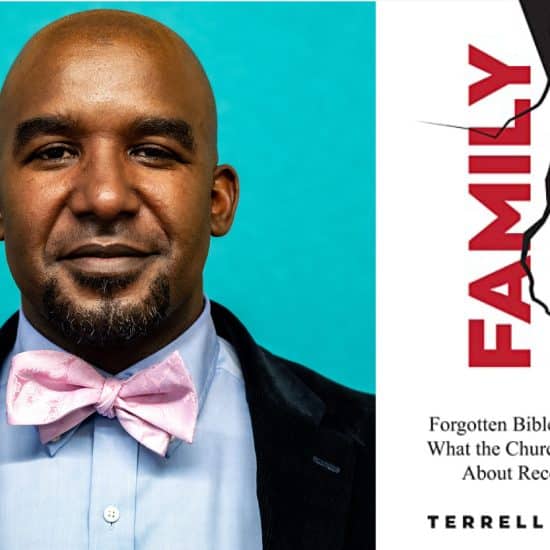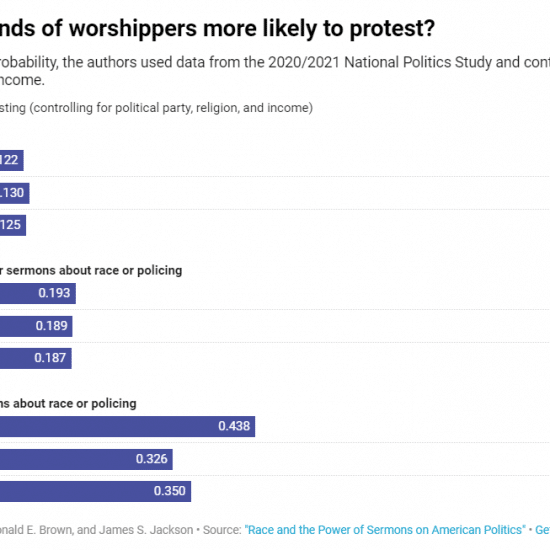Irv Cockriel is sounding the alarm for any who will listen. The retired college educator now works to educate his fellow Baptists on the importance of getting college students in church. Cockriel, who retired in 2000 after 32 years as an educator and administer in the College of Education at the University of Missouri, had a wake-up call about five years ago when he heard statistics from a youth minister about how many church-going youth fall away from church in college and never come back.
 “It blew me away,” he said. “It’s a serious issue that we need to wake up to and pay attention to.”
“It blew me away,” he said. “It’s a serious issue that we need to wake up to and pay attention to.”
Cockriel, a member at Memorial Baptist Church in Columbia, Mo., added he “prayed a lot about all this” and then started doing research. He reads and collects articles about this issue and he looks for churches trying ways to keep college students engaged and “get them more involved with the community of a church.” With evangelistic passion, he meets with pastors from various churches to urge them explore creative ways to get college students involved “so they don’t drop away.” Recently he took a list of churches printed in a local newspaper and cut out the section with more than 30 Baptist churches.
“I would like to see all 30 Baptist churches to do something together,” he said as he dreamed out loud even as he noted denominational, racial and other differences divide those churches.
A Growing Need
A large body of research — the data that alarmed and motivates Cockriel — shows the years just after high school can be critical in determining if someone from a church-going family will continue to attend into adulthood or not. A 2016 Barna Group report showed 59 percent of Millennials who grow up attending churches are leaving. As more walk away from the church, the number of unchurched Millennials rose over the last decade from 44 percent to 52 percent. Many are leaving churches not because they are atheists, but because they no longer find churches spiritually beneficial. These “nones” claim no religious affiliation, but still believe in God. When Barna asked Millennials what helped their faith grow, church did not even make the list of the top ten influences.
Barna’s report suggests that since Millennials drop out of churches in even larger numbers than previously seen, churches need to shift strategies in youth ministry, discipleship and other areas. In particular, Barna suggests churches explore creative approaches like one-on-one mentoring and sponsoring pre-college gap-year programs.
Cockriel considers lots of ways churches could work to engage college students, like connecting them with older persons in the congregation who pray for the student, send birthday cards, meet with them and more to build a relationship within a community of faith. He also sees potential in churches helping with housing or scholarships. He hopes more people will continue to explore ways to reach college students.
“If we don’t reach out to college students it’s like putting our heads in the sand,” he insists. “There are a lot of things local churches can do. We’ve got to get the word out somehow.”
“It can take various forms,” he added. “Look at the research, keep your prayer life focused on opportunities and learn what we can be doing.”
See also






